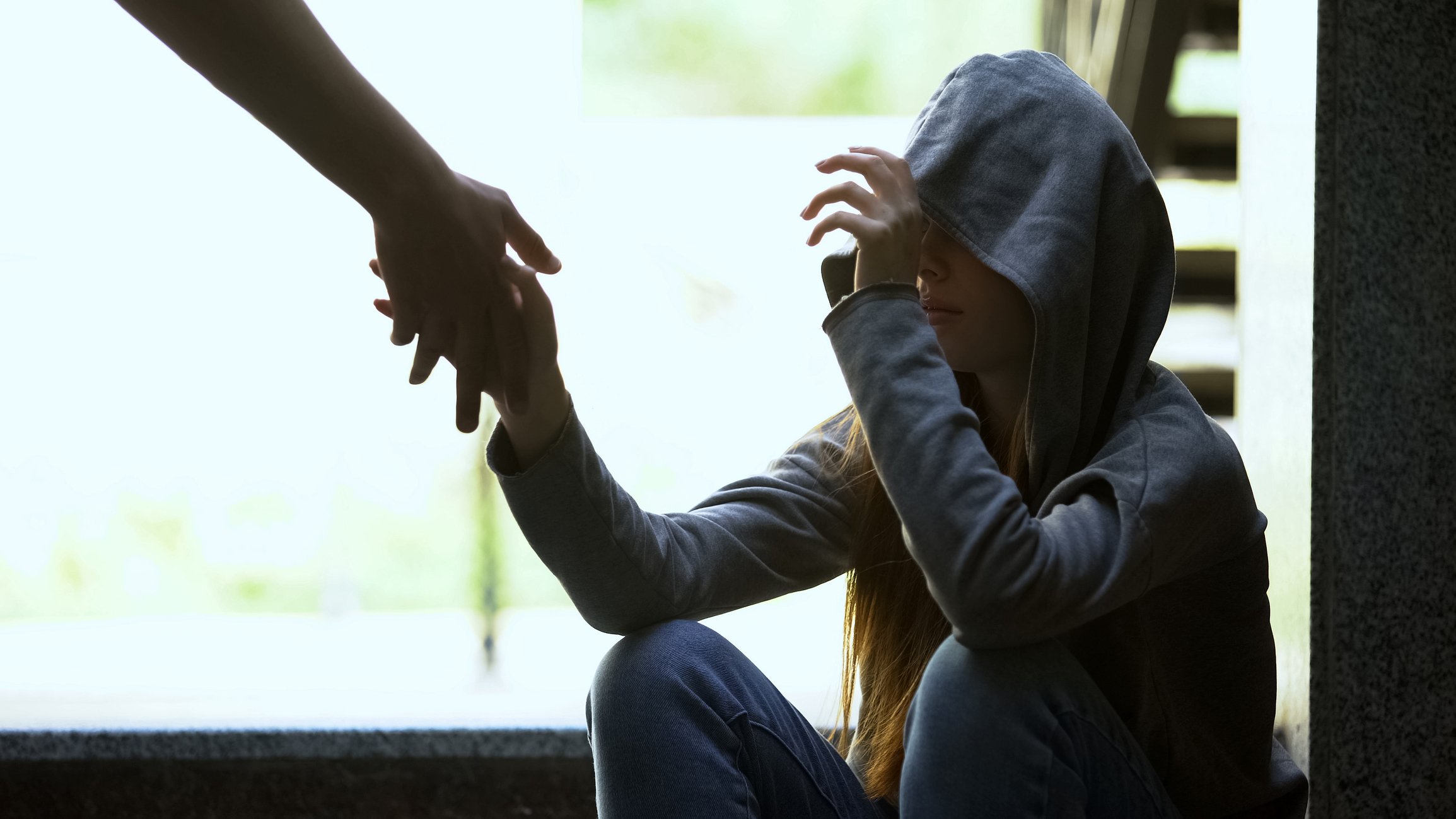The Hidden Chain: Loneliness, Anxiety, and Depression Explained
Feeling lonely can seem like just a passing mood—but sometimes, it’s the start of something deeper. For many teenagers, loneliness doesn’t stay in one place; it can grow into anxiety, sadness, or even depression if left unspoken or ignored.
Loneliness, anxiety, and depression are often connected in ways that aren’t always obvious at first. One feeling can trigger another, creating a hidden chain reaction that makes everything feel heavier and harder to handle.
In this post, we’ll break down how loneliness can impact your mental health, why it’s important to recognize the early signs, and what you can do to break the chain before it pulls you down. You’re not stuck—and understanding what’s happening is a powerful first step.
How Loneliness Can Lead To Anxiety And Depression
Loneliness isn’t just about being alone—it’s about feeling disconnected. When you feel like no one understands you or like you don’t truly belong anywhere, your brain and heart can start to carry a heavy burden. Over time, this emotional weight can lead to more serious struggles like anxiety and depression.
Here’s how it often happens:
Loneliness sparks worry: When you feel isolated, you might start worrying more about your relationships, your future, or whether people care about you at all.
Worry grows into anxiety: Those worries can turn into anxious thoughts that seem nonstop—making you feel tense, restless, and overwhelmed.
Anxiety feeds sadness: Constant anxiety can leave you exhausted and hopeless, which opens the door for depression to step in.
Depression deepens loneliness: When you’re feeling depressed, it’s harder to reach out or connect with others, which can make the loneliness even worse.
It's a tough cycle—but it’s important to remember that it can be broken.
Recognising The Signs Early
Sometimes it’s hard to notice when loneliness is affecting your mental health because it can sneak up slowly. Being aware of the signs can help you catch the chain reaction before it gets stronger.
Look out for:
Feeling anxious or worried more often than usual
Constantly doubting yourself or your relationships
Pulling away from friends or activities you used to enjoy
Feeling hopeless, tired, or down for long periods
Trouble sleeping or changes in your appetite
If you recognise some of these in yourself, it doesn’t mean there’s something wrong with you—it just means it’s time to reach out for support.
Breaking The Chain
The good news is, you don’t have to stay stuck in this cycle. Here are a few ways to start breaking the hidden chain between loneliness, anxiety, and depression:
Talk about it: Opening up to someone you trust (a friend, family member, teacher, or counselor) can be a huge first step.
Stay connected, even when it’s hard: Join a club, sport, or activity where you can meet new people and build real connections.
Take care of your body and mind: Sleep, eat well, get outside, and move your body. Physical health supports mental health more than you might think.
Challenge negative thoughts: When loneliness or anxiety tells you that you’re not good enough, remind yourself that feelings aren’t facts.
Ask for professional help: If you feel stuck, talking to a therapist or counsellor isn’t a sign of weakness—it’s a sign of strength and self-care.
You’re never as alone as you feel, even if it seems that way right now.
Final Thought
Loneliness, anxiety, and depression can feel like an overwhelming chain, but understanding how they connect gives you the power to break free. You’re not weak for feeling lonely or anxious—you’re human. And every human deserves support, connection, and hope.
You are never truly alone in your feelings, even if it feels that way sometimes.
Reach out, hold on, and remember: healing starts with one small step—and you are strong enough to take it.
Even though 1 in 4 people have mental health problems, most of us don’t get the help we need. This has to change. We’re Mind. We’re here to fight for mental health. For support, for respect, for you.








